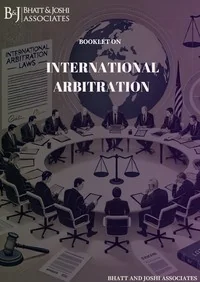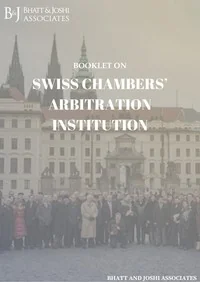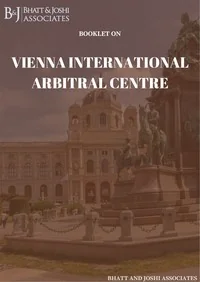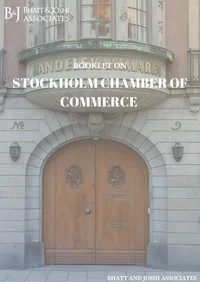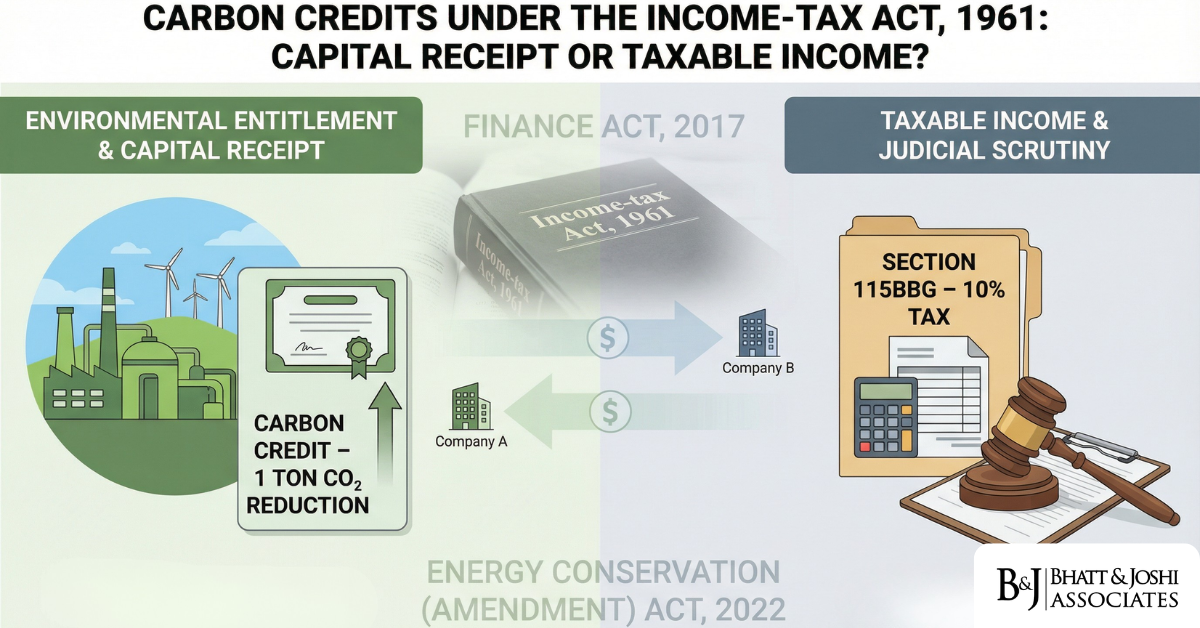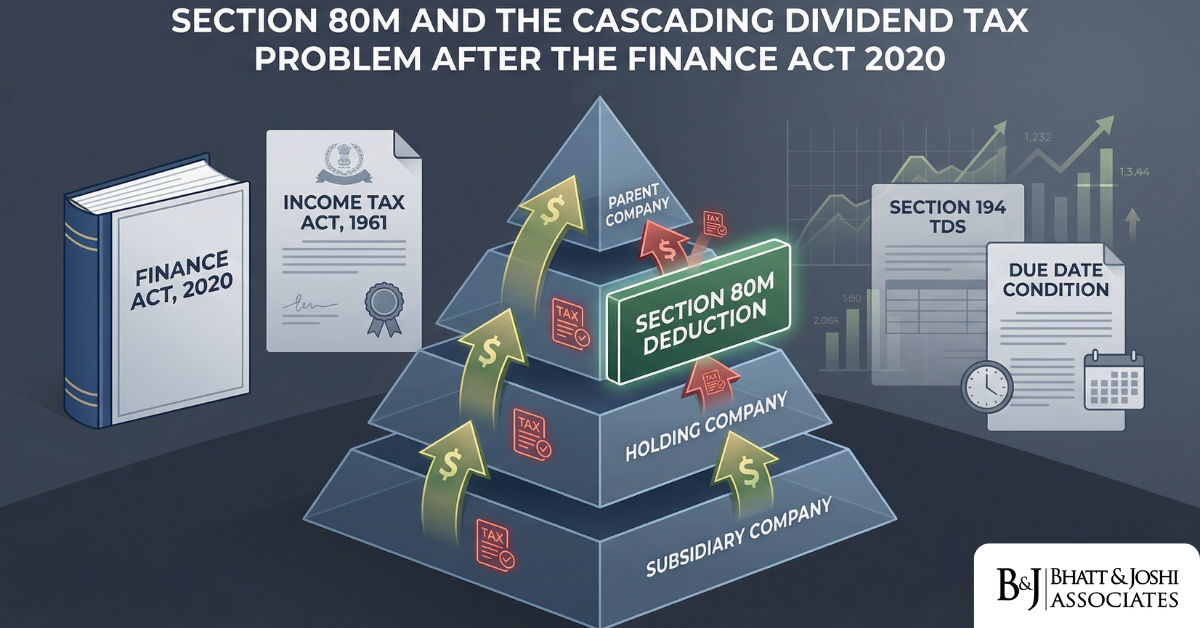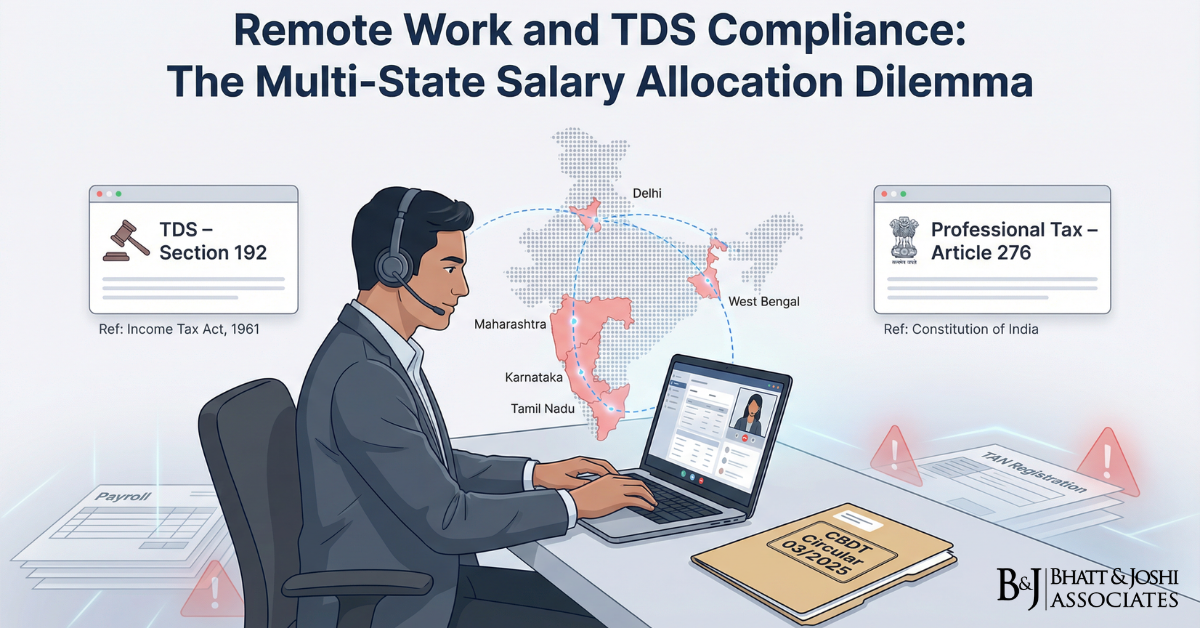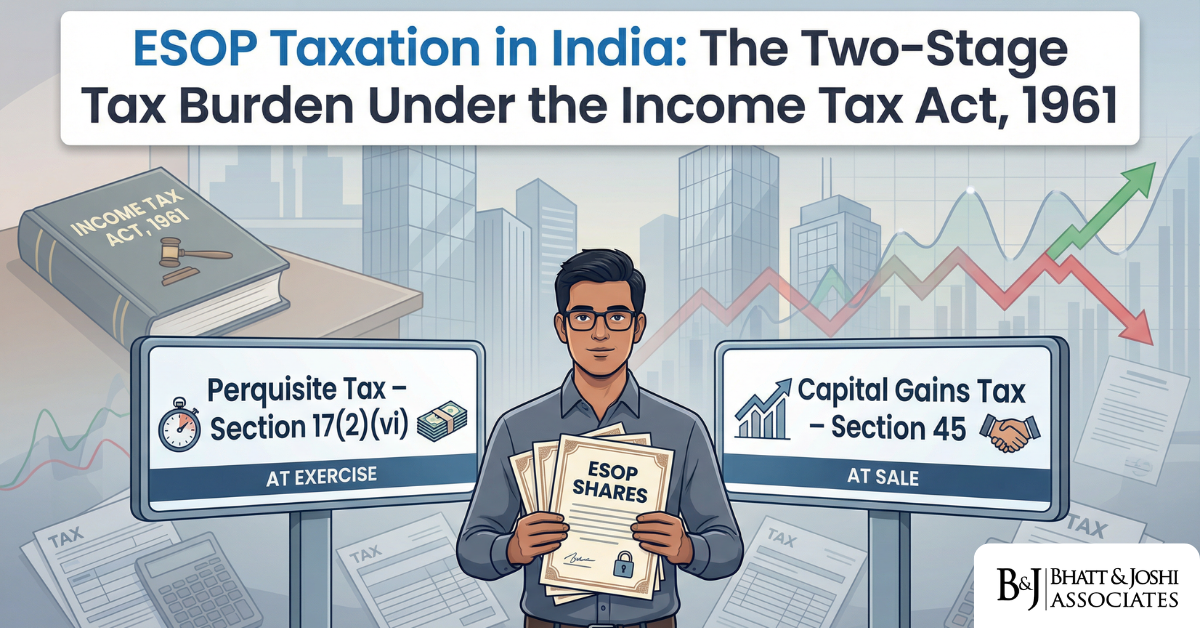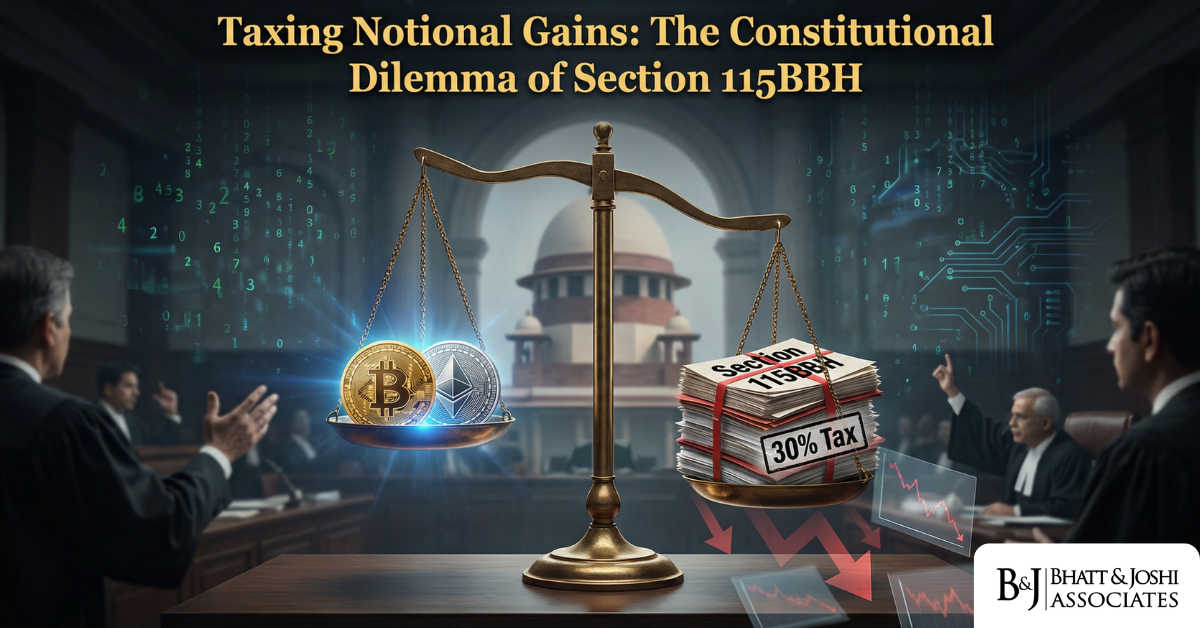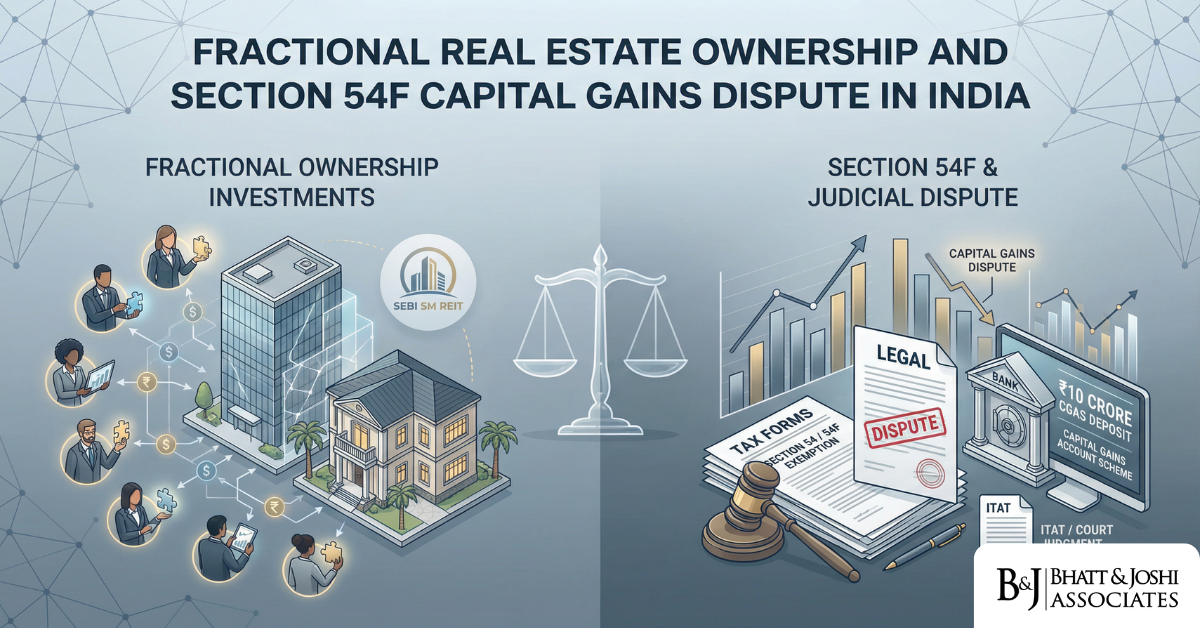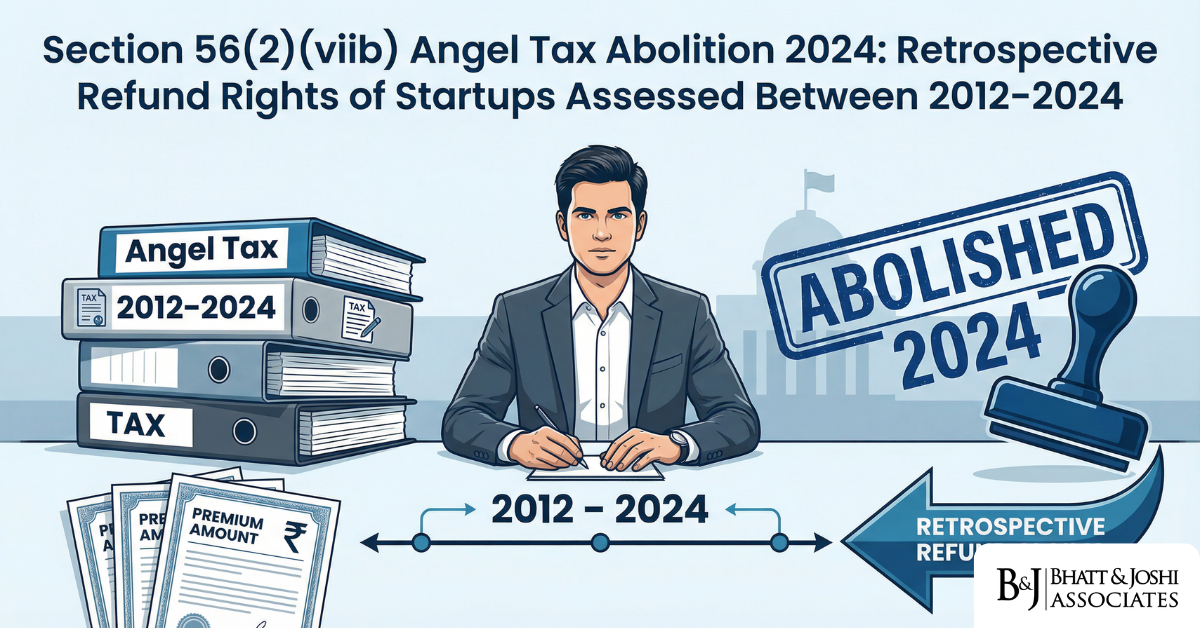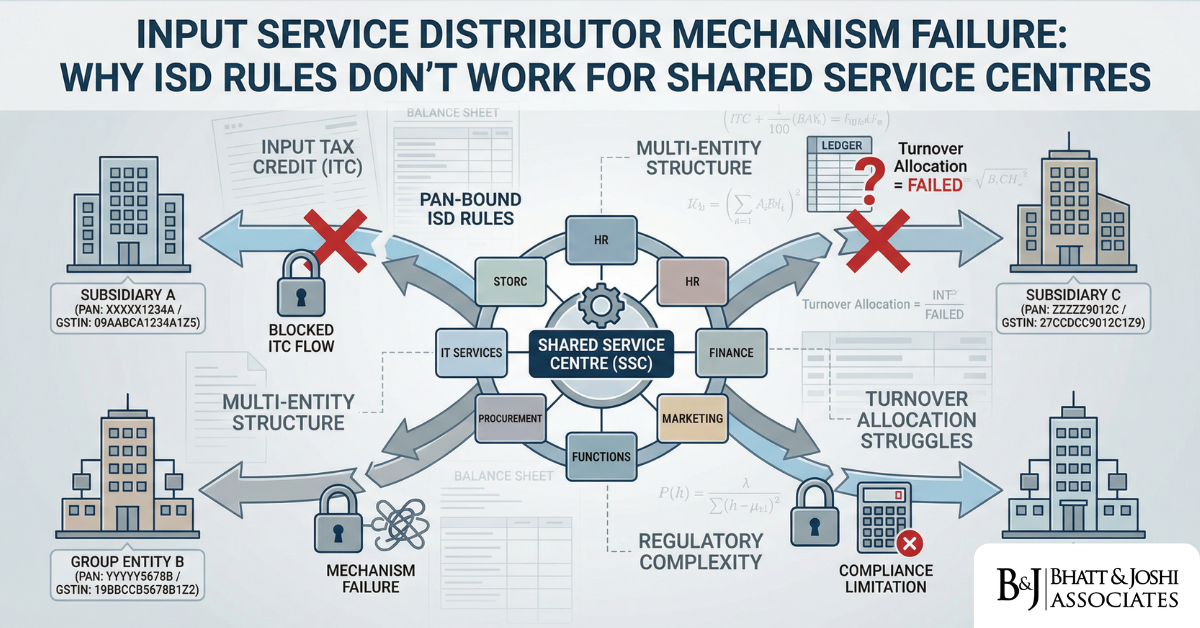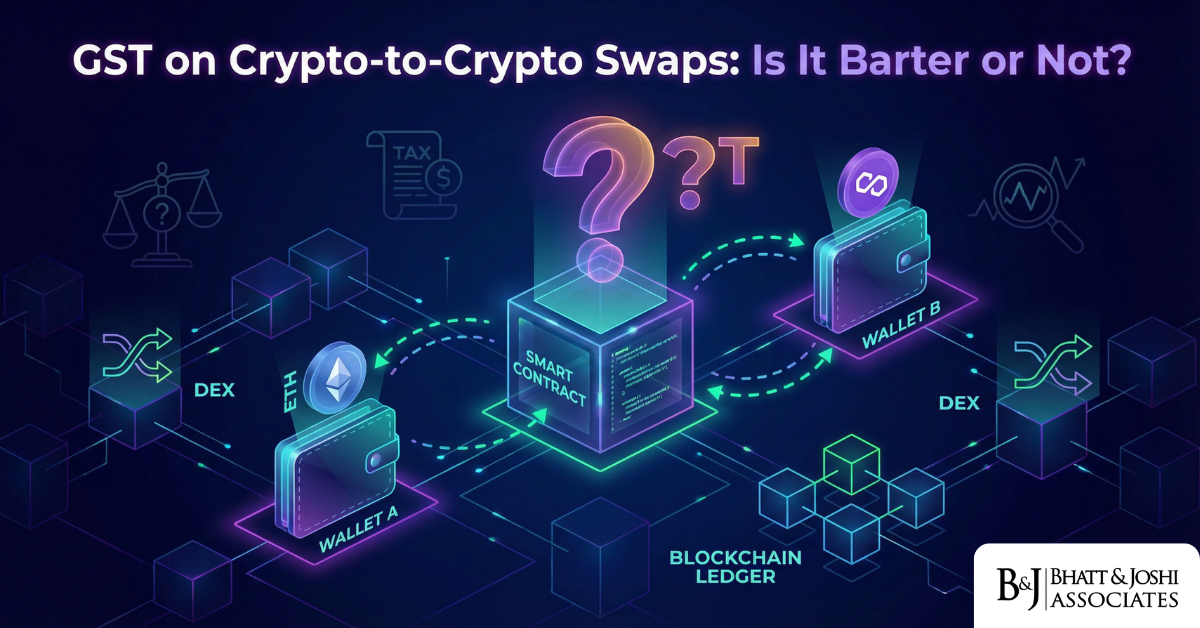Arbitration | Arbitration Lawyers
Arbitration is an alternative dispute resolution mechanism that aims to provide a speedy and efficient resolution to commercial disputes. In India, arbitration is governed by the Arbitration and Conciliation Act, 1996, which provides for the appointment of arbitrators, the conduct of proceedings, and the enforcement of awards. Here, we will provide a comprehensive overview of the arbitration process and Institutional/statutory arbitration forums in Ahmedabad. We will also discuss the litigation support services that Bhatt & Joshi Associates, the best law firm in Gujarat, Ahmedabad, can offer for filing and/or defending and arguing arbitration matters in the best possible manner.
Why and How Arbitration was Established in India?
Arbitration as a mode of dispute resolution was established in India as an alternative to the traditional court system, which is known for its inefficiency and delays. The Arbitration and Conciliation Act, of 1996 was enacted in consonance with the United Nations Commission on International Trade Law (UNCITRAL) model that plays a key role in developing that framework in pursuit of its mandate to further the progressive harmonization and modernization of the law of international trade; the act provides a framework for the conduct of arbitration proceedings and to facilitate the speedy resolution of disputes.
Arbitration aims to provide a private, confidential, and efficient method of resolving disputes, without the need for lengthy court proceedings. It is particularly suited to commercial disputes, as it allows parties to resolve their disputes in a manner that is tailored to their specific needs and requirements.
Arbitration Process in India
The arbitration process in India typically consists of the following stages:
Dispute and Communication: Under Section 21 of the Arbitration and Conciliation Act, 1996, a notice for appointment of an arbitrator is required to be sent to the other party or parties. The notice must request the other party or parties to appoint an arbitrator within 30 days from the receipt of the notice, and also specify the number of arbitrators to be appointed. If the other party fails to make an appointment within the specified time, the party giving the notice may apply to the court for appointment of an arbitrator.
Appointment of Arbitrator(s): The parties appoint one or more arbitrators to resolve their dispute. The arbitrator(s) must be impartial and independent of the parties. Under Section 11 of the Arbitration and Conciliation Act, 1996, parties may approach the High Court or the Supreme Court for the appointment of arbitrators in case of default or failure of appointment. The High Court or the Supreme Court has the power to appoint an arbitrator or arbitrators, as the case may be, if a party fails to appoint an arbitrator within thirty days of receipt of a request from the other party, or if the two appointed arbitrators fail to agree on the third arbitrator within thirty days of their appointment. In such cases, the High Court or the Supreme Court, as the case may be, shall have the power to appoint the arbitrator or arbitrators necessary for the arbitration process to proceed.
Power to refer parties to arbitration where there is an arbitration agreement.
Under Section 8 of the Arbitration and Conciliation Act, 1996, if a party approaches a judicial authority in a matter which is the subject of an arbitration agreement, the judicial authority shall refer the parties to arbitration, unless it finds that the arbitration agreement is null and void, inoperative, or incapable of being performed. The intention behind Section 8 is to ensure that the parties to a valid arbitration agreement are compelled to submit their disputes to arbitration, and to minimize judicial interference in such disputes.
Interim measures, by Court
Section 9 of the Arbitration and Conciliation Act, 1996 deals with the power of the courts to grant interim measures before or during the arbitration proceedings. The section provides that a party may apply to a court for interim measures to protect and preserve their rights and interests pending the outcome of the arbitration. Interim measures may include an order for securing the amount in dispute, preservation, interim injunction or appointment of a receiver. The section allows the party to apply for such measures even before the arbitration proceedings have begun, and the court has the power to grant such measures even during the arbitration proceedings. Section 9 provides a quick and efficient remedy to parties who are seeking urgent relief to safeguard their interests during the pendency of the arbitration proceedings. The courts have wide discretion in granting interim measures, and the relief granted by the court can have a significant impact on the outcome of the arbitration proceedings. It is important to note that an application under Section 9 must be made before or during the arbitration proceedings, and not after the award has been passed. Additionally, the party seeking interim measures must demonstrate a prima facie case for the relief sought and the urgency of the matter.
Stage of Arbitration
Once the arbitrator is appointed, there are following stages under which the Arbitration process is initiated and concluded
- Preliminary Hearing: The arbitrator(s) hold a preliminary hearing to discuss the issues in dispute, the scope of the arbitration, and the timetable for the proceedings.
- Exchange of Pleadings: The parties submit their respective claims and defenses in writing.
- Hearings: The arbitrator(s) hold hearings to allow the parties to present their evidence and arguments.
- Award: The arbitrator(s) make a decision, called an award, which is binding on the parties.
Non-applicability of Rules of Evidence
the rules of evidence that are normally followed in a court of law do not necessarily apply to arbitration proceedings. Instead, the parties to an arbitration are free to agree on the procedure for presenting evidence.
This lack of strict applicability of the Evidence Act makes the arbitration process speedier. The parties can present their evidence in a more streamlined and efficient manner, without being subject to the technical rules of evidence that can often delay court proceedings. This flexibility in presenting evidence can also help to reduce the overall time and cost involved in resolving disputes through arbitration.
Arbitration Forums in Ahmedabad
Although the parties are free to choose the Arbitrator of their choice, as per their Arbitration Agreement, there are also Institutional/statutory arbitration forums in Ahmedabad that parties can choose from, including:
- The Ahmedabad Chamber of Commerce and Industry (ACCI) Arbitration Centre
- The Indian Council of Arbitration (ICA) Ahmedabad Regional Centre
- The Gujarat Arbitration Tribunal (GAT)
Each of these forums has its own set of rules and procedures for the conduct of arbitration proceedings. Parties can choose the forum that best suits their needs, based on factors such as cost, expertise, and the speed of the proceedings.
Appeals Under the Arbitration Act
Under the Arbitration and Conciliation Act, 1996, there is limited scope for appeals against arbitration awards. Parties can challenge an award under Section 34 of the Arbitration and Conciliation Act, 1996 on limited grounds, such as:
- The arbitrator(s) lacked jurisdiction to hear the dispute
- The award was obtained by fraud or corruption
- The award is in conflict with the public policy of India
Litigation Support Services by Bhatt & Joshi Associates
At Bhatt & Joshi Associates, we provide comprehensive litigation support services for arbitration proceedings. Our team of experienced lawyers can assist our clients in drafting arbitration agreements, preparing the necessary documents, and representing them before the arbitrator or panel of arbitrators. We strive to provide our clients with the best possible legal representation to ensure that their interests are protected throughout the arbitration process.
Our litigation support services include:
- Drafting and Reviewing Contracts: We assist our clients in drafting and reviewing contracts that contain arbitration clauses.
- Appointment of Arbitrator(s): We assist our clients in selecting and appointing arbitrators, based on their expertise and experience.
- Conducting Arbitration Proceedings: We provide legal representation and support during arbitration proceedings
Arbitration offers a fair, efficient, and confidential means of resolving disputes outside of traditional litigation.
Get in touch with Best Arbitration Lawyers in Ahmedabad
Frequently asked questions
1. When should I consider hiring a civil lawyer?
You should consider hiring a civil lawyer when facing legal disputes related to contracts, property, personal injury, family matters, or any non-criminal matter where you need legal advice or representation.
2. What is a civil lawyer?
A civil lawyer represents clients in non-criminal legal matters, dealing with disputes between individuals, organizations, or both, over rights, responsibilities, and liabilities.
3. Can a civil lawyer help with contract disputes?
Yes, one of the primary areas of expertise for many civil lawyers is contract law. They can assist with drafting, reviewing, and disputing the terms of contracts.
4. How do civil lawyers differ from criminal lawyers?
While both handle legal disputes, civil lawyers focus on non-criminal cases, often involving private disputes between individuals or organizations. Criminal lawyers, on the other hand, represent individuals or the state in cases involving potential criminal penalties.
5. How are damages determined in civil cases?
Damages are determined based on the actual loss suffered, potential future losses, and sometimes, punitive measures. The nature and amount depend on the specifics of the case and jurisdictional guidelines.
6. What is the usual process of a civil lawsuit?
The typical process involves the filing of a complaint, response from the other party, discovery (exchange of relevant information), negotiations, potential settlement discussions, and if unresolved, a trial. The exact process can vary by jurisdiction.
7. Can a civil lawyer assist in mediation or alternative dispute resolution?
Yes, many civil lawyers are trained in alternative dispute resolution methods like mediation and arbitration, offering solutions outside the traditional courtroom setting.
8. How long does a typical civil lawsuit last?
The duration of a civil lawsuit varies based on the case’s complexity, the court’s schedule, and the willingness of parties to settle. It can range from a few months to several years.
Income Tax Treatment of Carbon Credits: Asset, Income, or Capital Receipt Under the IT Act, 1961?
Introduction Carbon credits — formally known as Certified Emission Reductions (CERs) — have occu
Section 80M Inter-Corporate Dividend Deduction: The Cascading Tax Problem the Finance Act 2020 Left Unresolved
Introduction When the Finance Act 2020 abolished the Dividend Distribution Tax (DDT) under Section 1
TDS on Salary for Remote Employees Across Multiple Indian States Under Section 192: Compliance Challenges”
Introduction The rise of remote work in post-pandemic India has created a TDS on salary compliance c
ESOP Taxation After Exit: Why Perquisite Tax at Exercise and Capital Gains at Sale Creates Double Taxation by Stealth
Introduction Employee Stock Option Plans (ESOPs) are among the most powerful instruments that Indian
Crypto Losses Under Section 115BBH: Why the No-Set-Off Rule Creates an Unconstitutional Tax on Notional Gains
Introduction When the Finance Act, 2022 introduced Section 115BBH into the Income Tax Act, 1961, it
Fractional Ownership of Real Estate and Income Tax: How Co-Ownership Platforms Fall Through the Cracks of Section 54 and 54F
Introduction Fractional ownership of real estate has moved from a niche arrangement between family m
Section 56(2)(viib) Angel Tax Abolition 2024: Retrospective Refund Rights of Startups Assessed Between 2012–2024
The Twelve-Year Burden: What Was Angel Tax? When Finance Minister Pranab Mukherjee introduced the Fi
ISD Mechanism Failure in GST: Why Shared Service Centres in Group Companies Can’t Use ISD Rules
Introduction The Input Service Distributor (ISD) mechanism under India’s Goods and Services Ta
GST on Crypto-to-Crypto Swaps: Is It Barter Under Schedule I, or Does Section 7 Even Apply to Decentralized Exchanges?
Introduction The law relating to GST on cryptocurrency in India occupies a space that is simultaneou
 Whatsapp
Whatsapp



